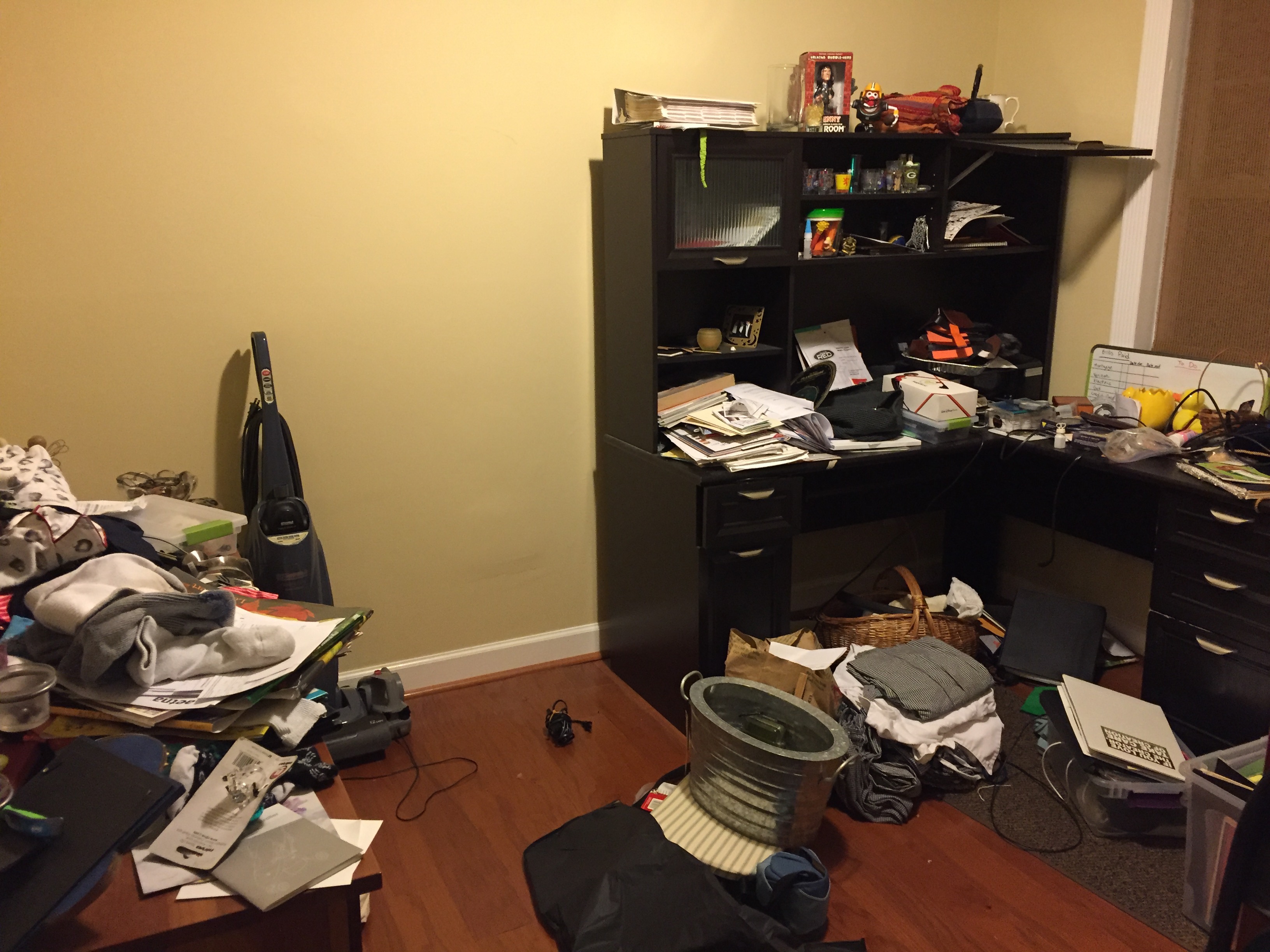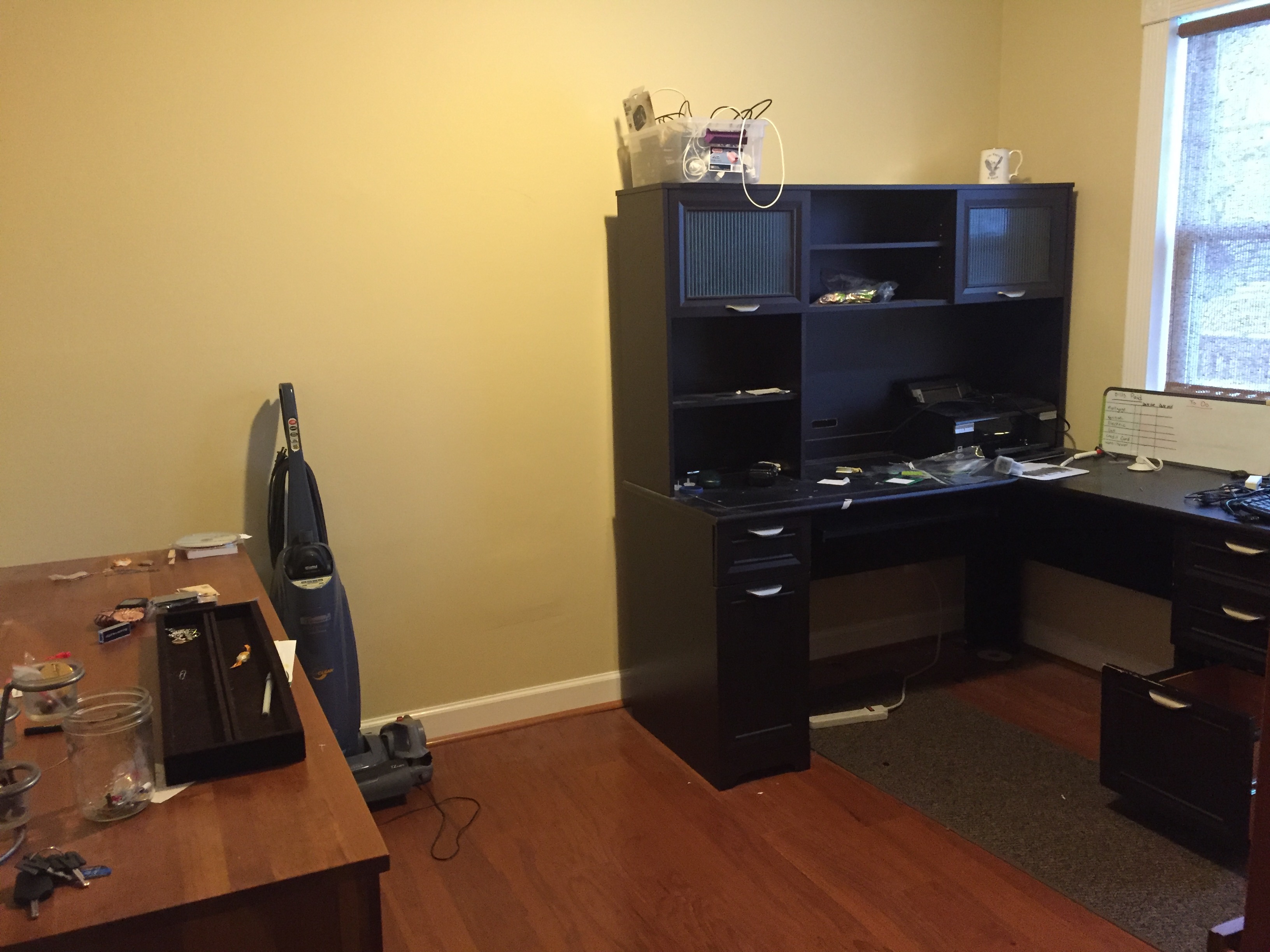Goals are tricky little beasts. They’re so easy to pin to big, specific things or be swayed by society’s expectations. It’s easy to ignore the more subtle things that need to be done, like forgiving yourself or making space to enjoy nature. In our capitalist, consumer-driven society, those seem shallow, even though they’re essential to loving others or contributing to a larger community.
After reflecting on 2015 and considering how to approach the coming year, I moved into the process of goal-setting. I knew that the things that were both frustrating me the most and in my control (aka not Congress) were the difficult, slippery issues requiring a lot of emotional work. Because I was overburdened and under-satisfied, I needed to deal with those issues before I could worry about specific actions for my career or volunteer activities.
Thankfully, the Holiday Council provided a nice framework for thinking through that type of goal-setting. Molly, the leader, encouraged us to come up with five ways of being for the coming year, as well as a word that encompassed all of it. While I frequently think about what type of person I want to be, I’d never really considered those traits as characteristics put into action at any particular time. Considering my personal values and what I particularly want to work on in the coming year, I picked the following “ways of being”:
- Showing kindness and acceptance
- Empowering and trusting those around me
- Embracing simplicity
- Being at peace
- Telling meaningful stories
After a such a stressful year, I wanted to find ways to be less anxious and more compassionate to myself and others while still “making a difference.”

From those, I realized that my word of the year is “Listen.” It reminds me of the three steps set forth in a prayer by my former church pastor: “Let me listen, let me learn, let me love.” Listening – whether to others’ needs or my own – must be the foundation of my action.
This word and these ways of being helped me establish my goals, which balanced internal, family needs with external ones.
The first two goals were both ones that I would undervalue and ignore unless I purposely focused on them: 1) to let go of my harmful expectations for myself and others and 2) immerse myself without regrets in spending time with my family during maternity leave. While I would be full-time on maternity leave no matter what, I want to have the maturity to feel like it’s not time wasted.
My second two goals were more traditional, although they’re as much about discernment as old-fashioned hard work: helping my church through its transition and having a sense of direction for my career. In both, I want to have a vision moving forward so I don’t just feel like I’m flailing towards nothing in particular.
So far in the year, most of my efforts have focused on simplifying. It just seemed like the right place to start. During Lent, my former pastor always said that fasting wasn’t about giving things up so much as making room for new things. I realized that to have enough space for a newborn, I needed to make both mental and physical space in my life.
Oddly enough, simplification can be a massive project. To help, I drew inspiration from two books: Living the Simple Life and Spark Joy.
As part of our book clean-out, I found Living the Simple Life by Elaine St James. I got it as part of a holiday gift exchange years ago with another book about living in the woods, intending to romantically contemplate how to get back to basics. Appropriately, my busy life kept me from reading it until now. While a lot of the book is not applicable to my life or now radically out of date – it came out in 1998, when the Internet was still something most people didn’t use – just reading it sparked my motivation. Knowing it is possible to simplify helped me interpret what that may mean in my individual life. As the author says, it probably doesn’t mean selling all of your stuff and moving to a cabin in the woods.
For me, I realized a lot of my self-imposed stress emerged from having an endless list of things that “needed” to be addressed. In particular, my activist guilt is the most goaded by the flood of emails I get from organizations requesting I sign petitions or send them money. To minimize that, I’m trying to get myself down to only 15 mailing lists. While I haven’t gotten there yet, I’ve already made a habit of unsubscribing to lists immediately if it’s not what I want. I’m also trying to spend a couple minutes a day randomly erasing or archiving old emails so I don’t have that huge number staring me in the face. I’ve already reduced it down from more than 6,000 to 5,500. While it’s still giant, I’m glad it’s no longer growing.
The second book was Spark Joy by Marie Kondo, the follow-up to The Life-Changing Magic of Tidying Up. After hearing a lot of good things about the previous book and seeing Spark Joy as a free offer, it seemed like something arriving at just the right time. With the need to clear out the future baby’s room that had been a bit of a dumping ground for “stuff we don’t know what to do with” for years, I definitely needed encouragement. While I didn’t follow her “tidying” instructions exactly – or in many cases, not at all – thinking about how my possessions spark joy or not has been really helpful. In addition to helping get rid of stuff, it also helped me consider about how to enjoy the stuff I have now. For example, I’m going to take many of the ticket stubs from concerts and postcards from travel and make a big bulletin board so I can remember those fond memories on a regular basis. I’ve already made huge progress on the room. As it previously inspired despair and now looks like a place where a child may be able to live in the future (after we move some furniture), I’d say the book made a difference. Having things physically organized makes it a lot easier to be mentally organized.

Before: Yikes.

Almost done!
Besides simplifying, I’ve also focused on empowering other people. My core urge is to do everything myself because I think I can do it better. Empowering others requires a level of humility and trust that’s both challenging and necessary. At work, I’m putting together an extensive list of reference materials so that other people can take on pieces of my job while I’m on maternity leave. It’s both weird and illuminating to get down all of the knowledge I carry around in my head in a form that makes sense to other people. In my volunteer activities, I’m allowing other people to take over some of my Kidical Mass rides because I simply won’t be allowed back on the bike by that point. As hard as it is to hand my projects over to others, even temporarily, it’s better that they can continue without me than be lost. More importantly, it opens the door for others to contribute their own vision and experiences that wouldn’t have happened if I clung to these projects myself. I want my work to help others to learn and grow rather than restricting them, so this is a great opportunity for that to happen.
As the year progresses, I’m sure these specific goals and steps towards them will shift. But I deeply appreciate the sense of structure they provide as I move through these major transitions in my life. The word “Listen” and ways of being have already provided a foundation for how I structure my time and think about my priorities.
Editor’s note: I didn’t get paid by Stratejoy to write these blog posts. I just found that the Holiday Council helped me out a lot and wanted to work through some of these thoughts.